4-ISOPROPYL-3-METHYLPHENOL, also known as Cas 3228-02-2, is a chemical compound with the molecular formula C10H14O. It is commonly referred to as thymol. Thymol appears as a colorless to pale yellow crystalline solid with a characteristic aromatic odor. Its basic structure consists of an isopropyl group attached to a methylphenol ring. Thymol is sparingly soluble in water, but it is soluble in organic solvents such as ethanol and ether.
Safety information: Thymol should be handled with care as it can cause irritation to the skin, eyes, and respiratory system. It may also cause allergic reactions in some individuals. Ingestion of thymol can be harmful and may cause gastrointestinal irritation. It is important to avoid exposure to high temperatures or open flames as thymol may emit toxic fumes.
Applicable fields:
Antiseptic: Thymol is widely used as an antiseptic due to its antimicrobial properties. It is commonly found in mouthwashes, toothpaste, and other oral care products. Thymol acts by disrupting the cell membranes of bacteria, fungi, and viruses, leading to their destruction.
Preservative: Thymol is used as a preservative in various products, including cosmetics, food, and pharmaceuticals. Its antimicrobial properties help inhibit the growth of microorganisms, extending the shelf life of these products.
Aromatherapy: Thymol is also used in aromatherapy due to its pleasant aromatic odor. It is believed to have relaxing and soothing effects on the mind and body.
Storage conditions: Thymol should be stored in a cool and dry place, away from direct sunlight. It is recommended to keep it in a well-ventilated area and away from heat sources to prevent degradation and ensure its stability.

|
 |
 |
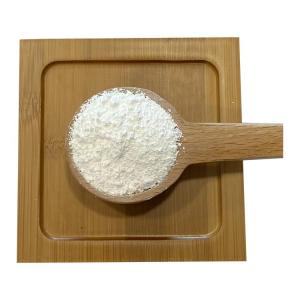 |
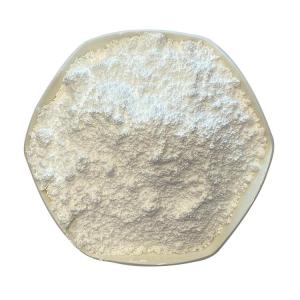 |

|
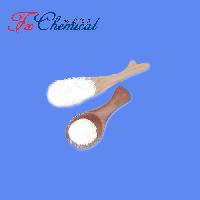
|

|

|
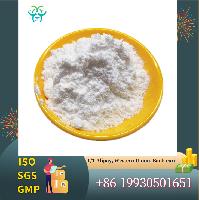
|

|

|

|

|

|
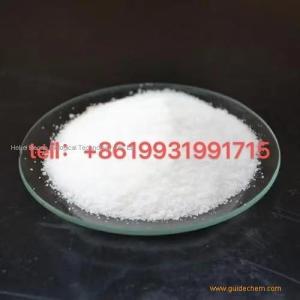
|

|

|
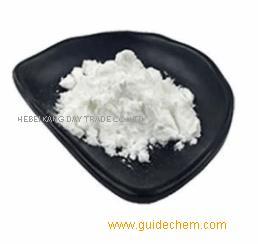
|